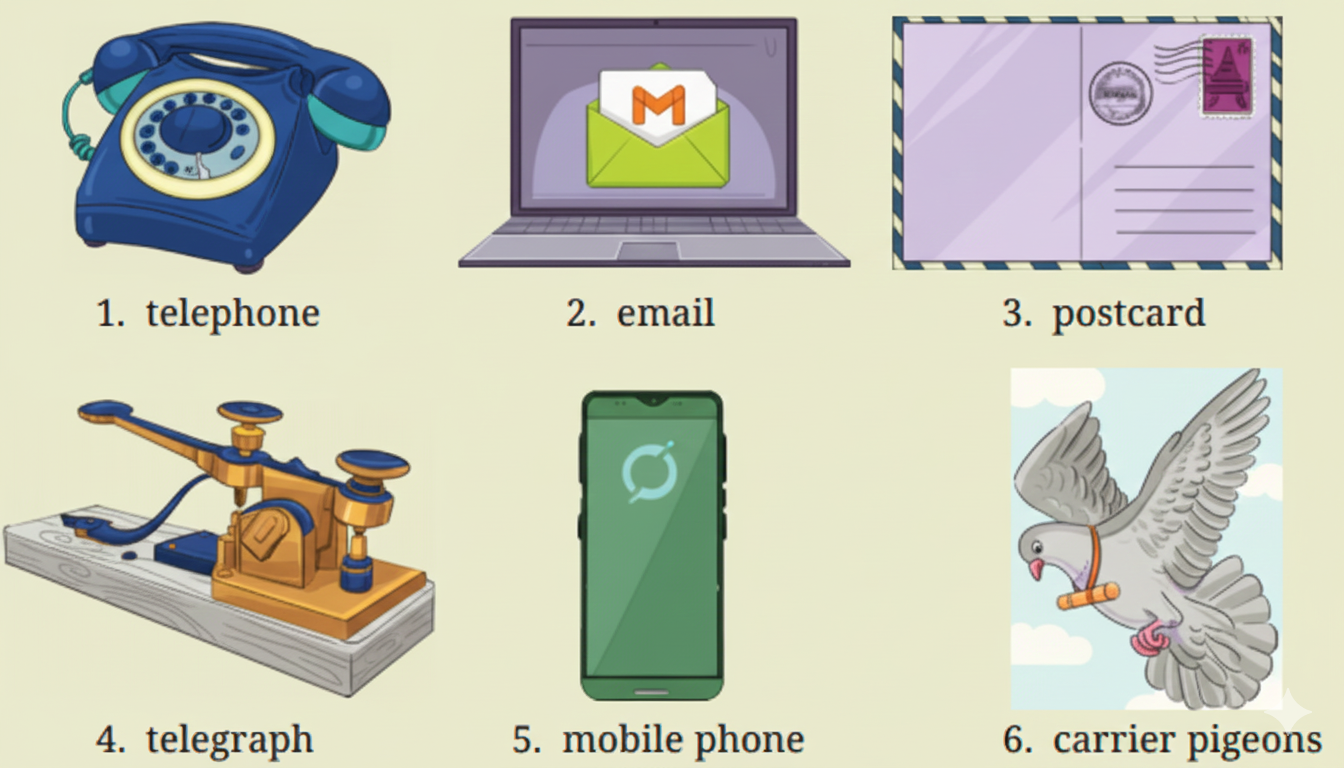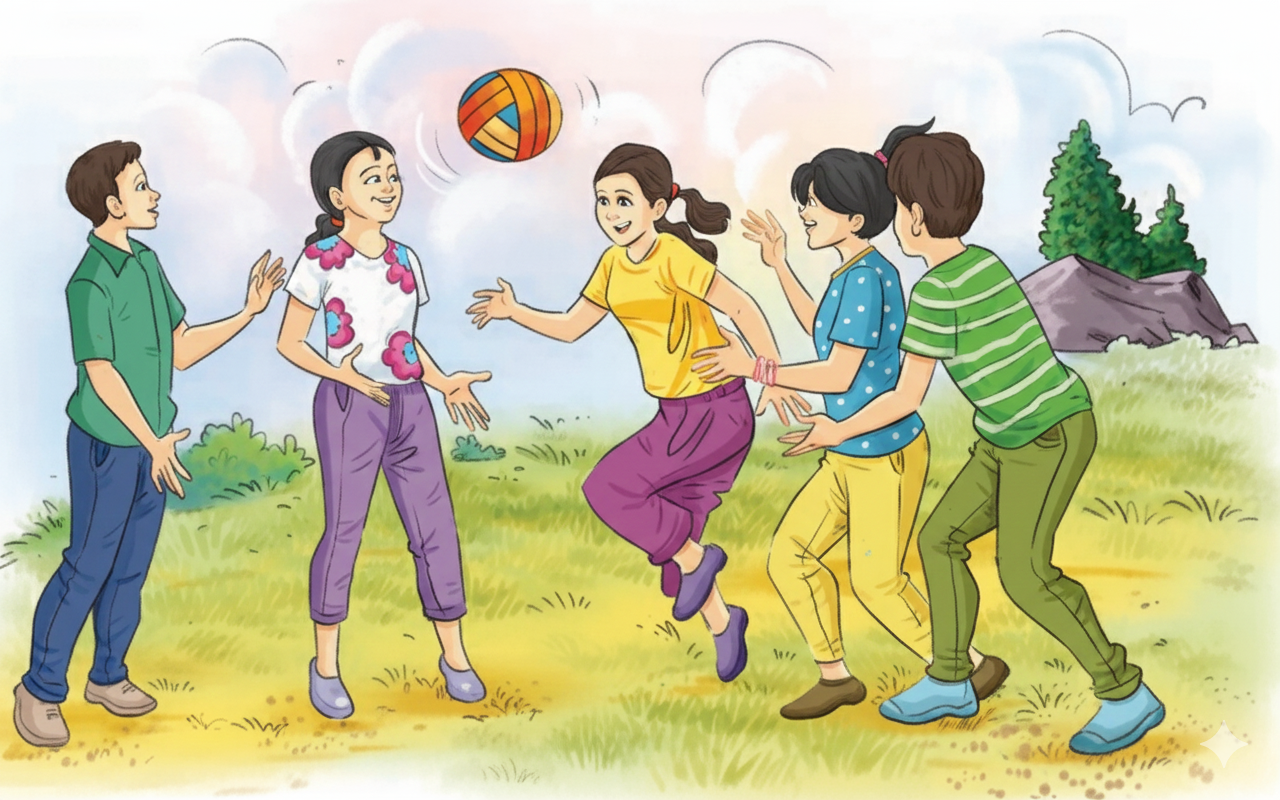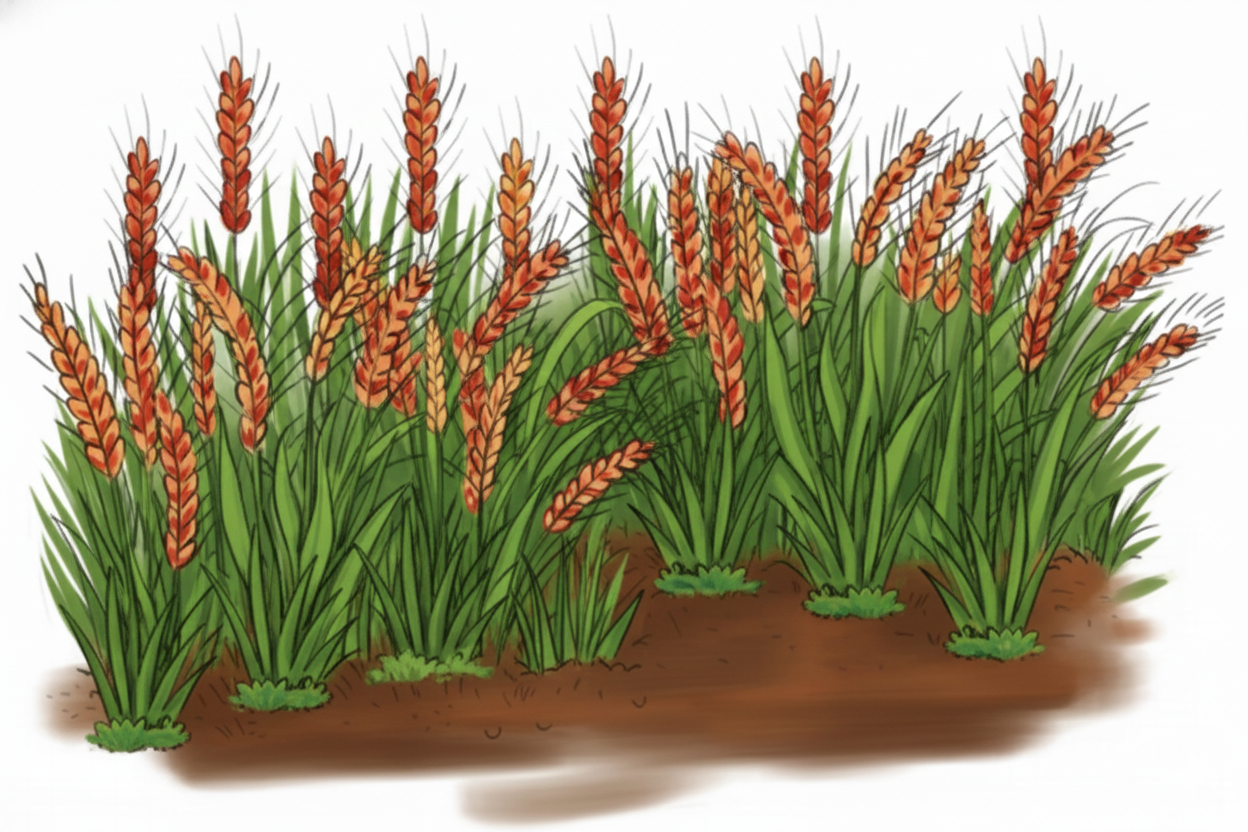How to Write Stepwise Answers for Verghese Kurien: I Too Had A Dream
FAQs on NCERT Solutions For Class 8 English Chapter 6 Verghese Kurien (2025-26)
1. What are the NCERT Solutions for Class 8 English Chapter 6: Verghese Kurien I Too Had A Dream?
The NCERT Solutions for Class 8 English Chapter 6: Verghese Kurien I Too Had A Dream provide step-by-step answers for all exercise and intext questions as per the latest CBSE 2025–26 syllabus. Key features include:
- Detailed, stepwise answers for full marks
- Inclusion of important keywords and accurate definitions
- Structured for easy revision and exam scoring
- Available in PDF for offline access
2. How can I write stepwise NCERT answers for Verghese Kurien: I Too Had A Dream to score full marks?
To score full marks in Chapter 6 answers, follow this stepwise format:
- Begin with a strong introductory line mentioning Verghese Kurien and the chapter theme
- Answer each part of the question in separate, clear points
- Use important terms like determination, social change, and cooperative movement
- Conclude with a summary sentence aligned to the marking scheme
3. What are the main themes and learning outcomes of Class 8 English Poorvi Chapter 6?
Chapter 6 focuses on the inspirational life of Verghese Kurien and teaches:
- The value of determination and perseverance
- Importance of social change through collective effort
- Role of the White Revolution and Amul in India
- How individual dreams can impact society
4. Are definitions and diagrams mandatory in the answers for this chapter?
Definitions are highly recommended for key terms like 'cooperative', 'White Revolution', and 'social change', while diagrams are not mandatory but can be included if asked in exams for better marks.
- Write all definitions from the textbook or NCERT Solutions
- If a diagram or flowchart is asked, draw it neatly with labels
5. Where can I download the Class 8 English Poorvi Chapter 6 solutions PDF?
You can download the Class 8 English Poorvi Chapter 6 NCERT Solutions PDF from trusted websites that offer CBSE-aligned materials for the 2025–26 academic year. These PDFs provide:
- Stepwise exercise-wise answers
- Revision notes and important keywords
- Easy offline study access
6. Which type of questions from Verghese Kurien: I Too Had A Dream are likely to be asked in exams?
Common exam questions from Chapter 6 include:
- Short answers about Verghese Kurien’s achievements
- Long answers on the impact of the White Revolution
- Value-based questions about dreams and determination
- Key definitions and short notes
7. How does studying detailed NCERT Solutions help boost exam scores in Class 8 English?
Using detailed NCERT Solutions boosts exam scores by:
- Ensuring answers follow the CBSE marking scheme
- Covering all intext and back exercise questions
- Providing model answers to avoid common mistakes
- Offering stepwise, keyword-rich responses
8. What are some common mistakes students make in Chapter 6 answers, and how can they be avoided?
Common mistakes and solutions include:
- Missing key facts about Verghese Kurien—always mention his role in the White Revolution
- Omitting stepwise points—structure answers clearly
- Ignoring definitions—include them for full marks
- Writing unclear introductions—always start answers with a direct reference to the chapter or keywords
9. How should I structure long answers from this chapter for better marks?
For long answers on Verghese Kurien: I Too Had A Dream:
- Start with a thesis sentence covering the core idea
- Add 3–4 main points in logical order
- Support with relevant examples (e.g., Amul, White Revolution)
- Conclude with the impact on society and a closing sentence using NCERT keywords
10. Are NCERT Solutions enough for Class 8 English exams?
For most CBSE school exams, NCERT Solutions provide sufficient coverage for Class 8 English as they:
- Follow the latest CBSE syllabus
- Offer complete question and answer sets
- Prepare students for exam-oriented and value-based questions































